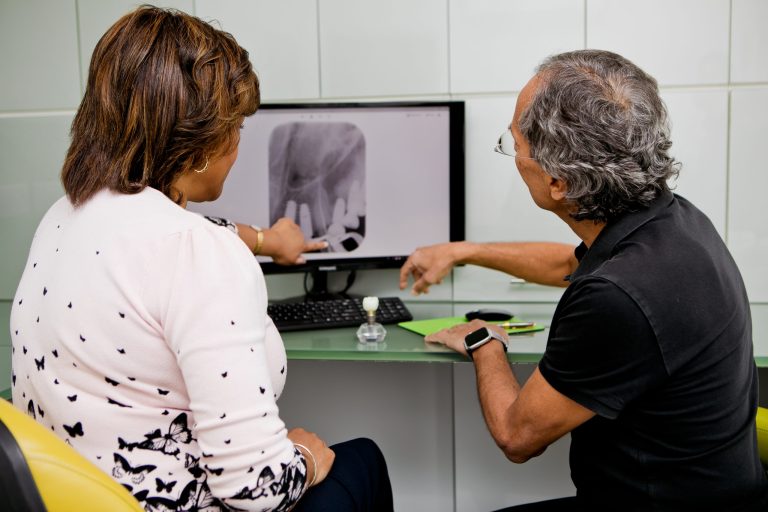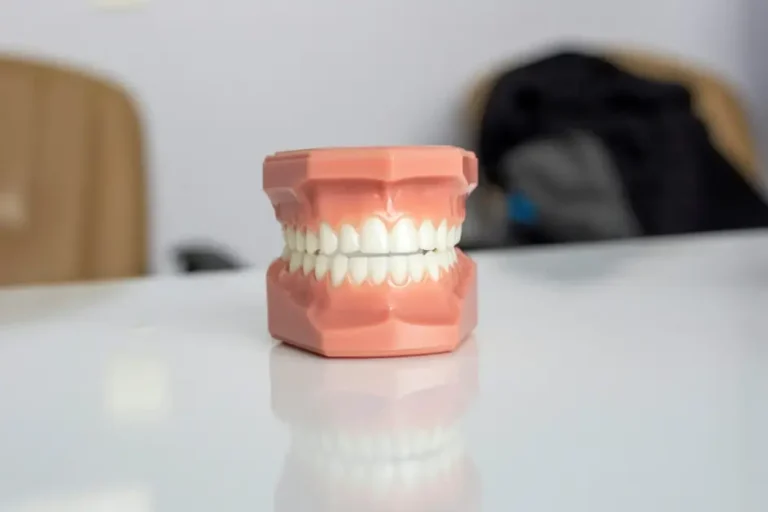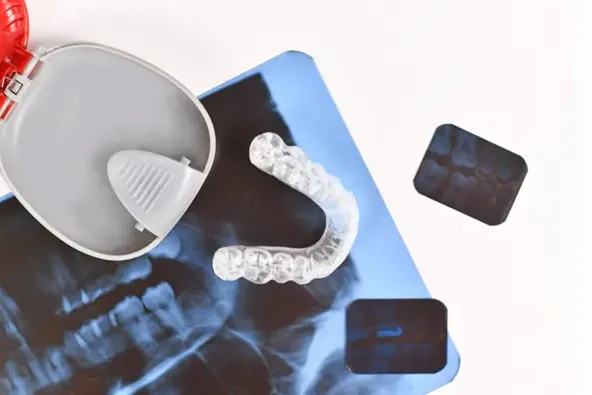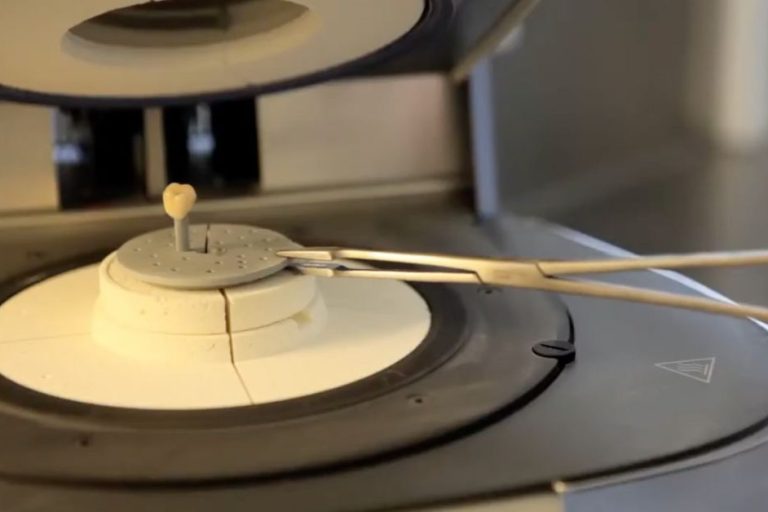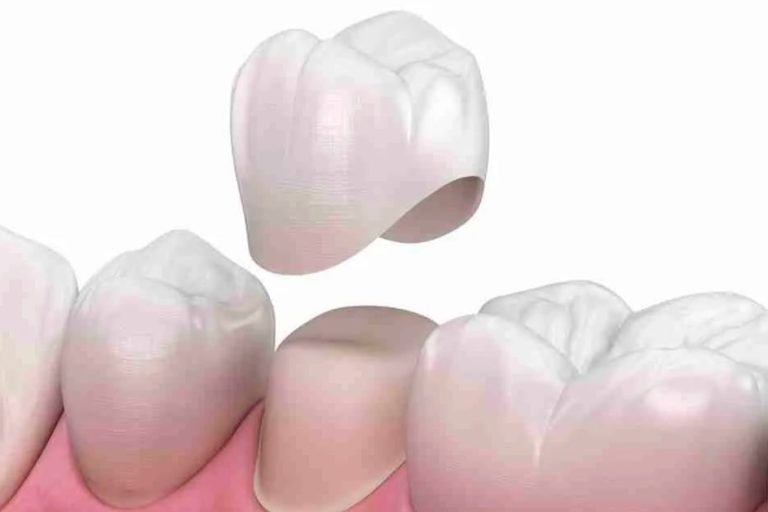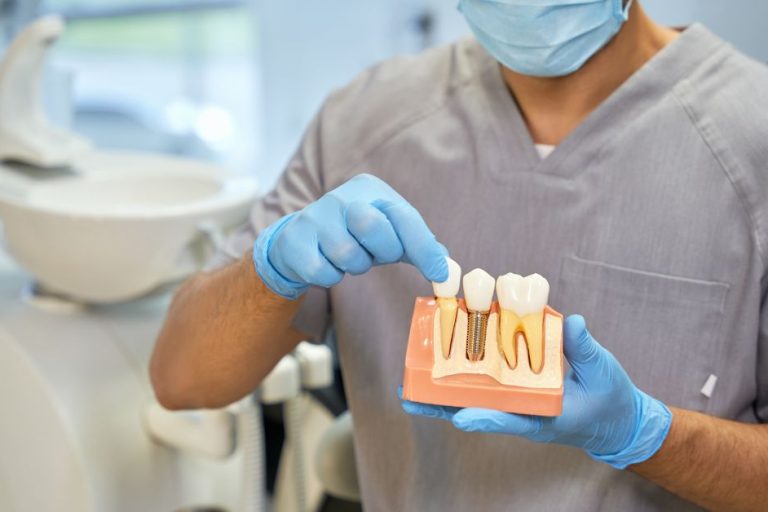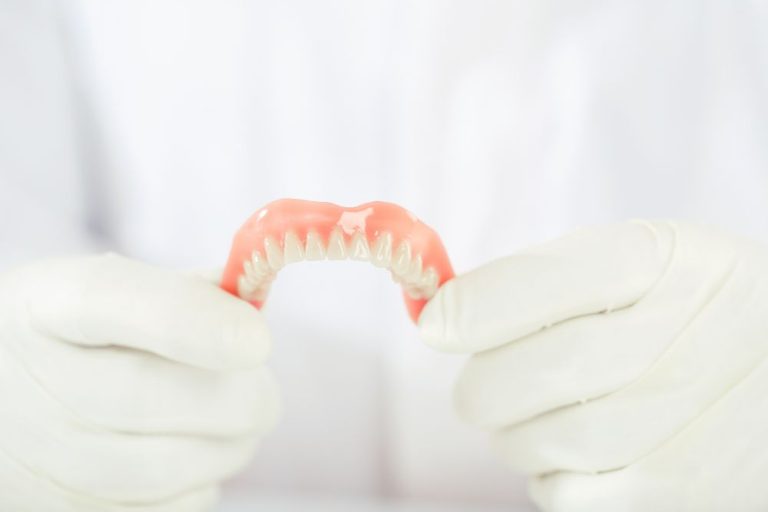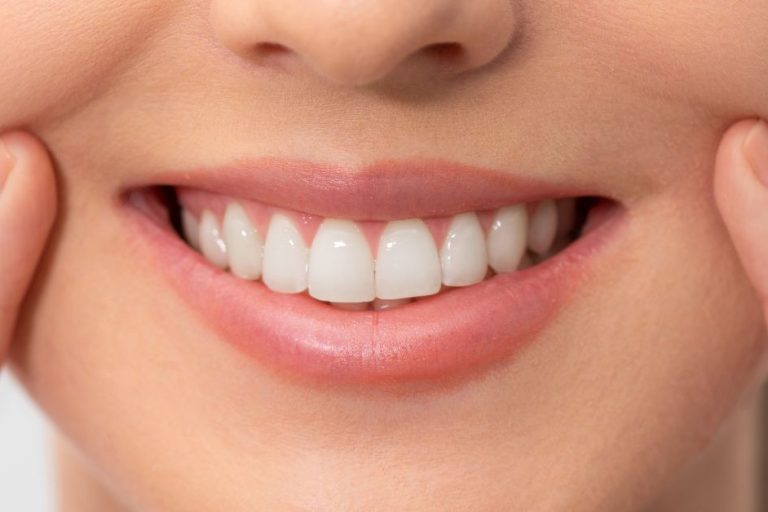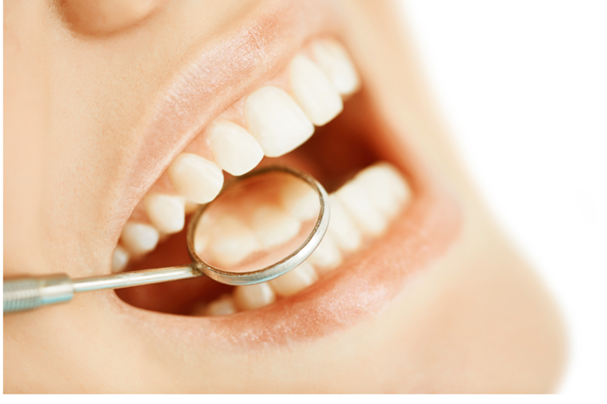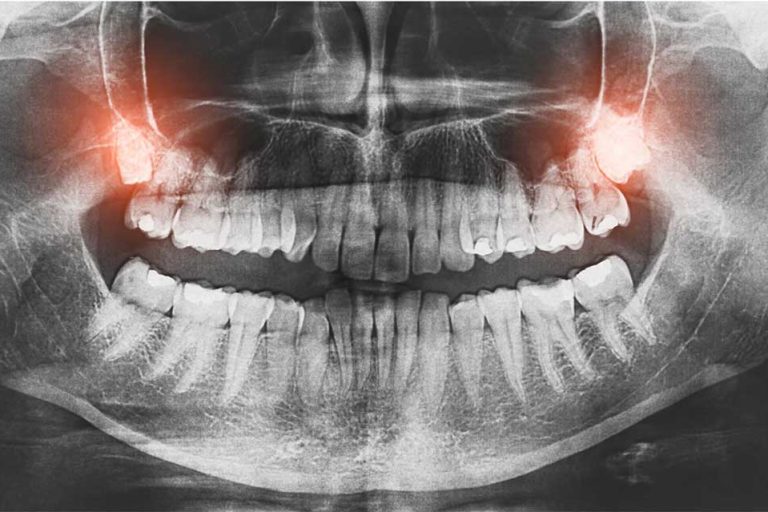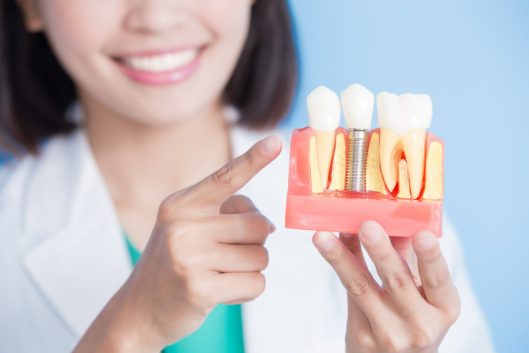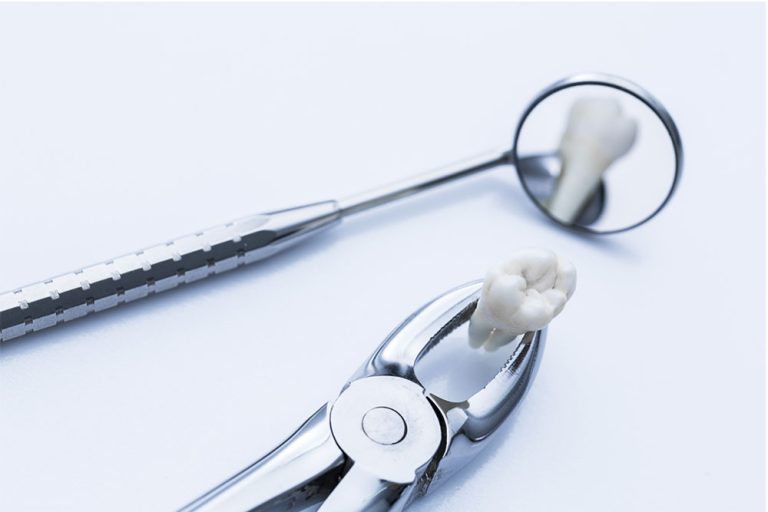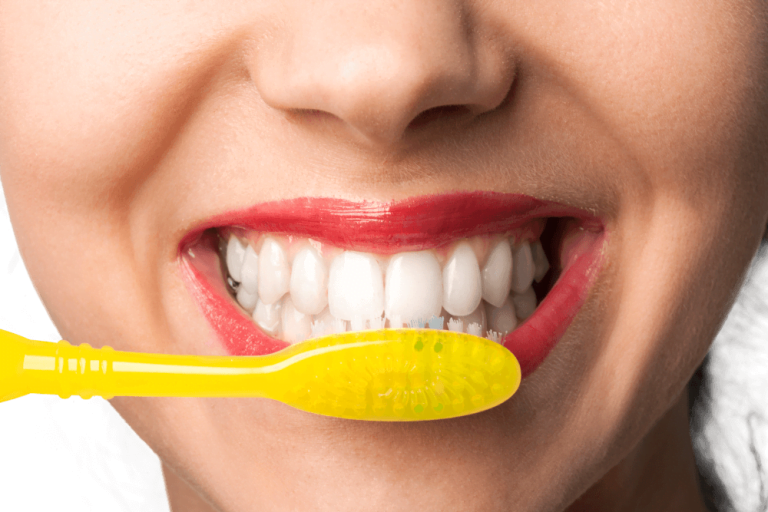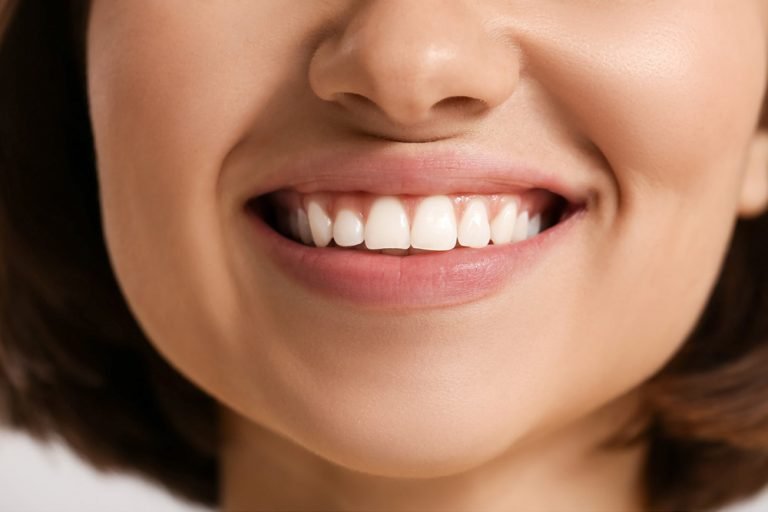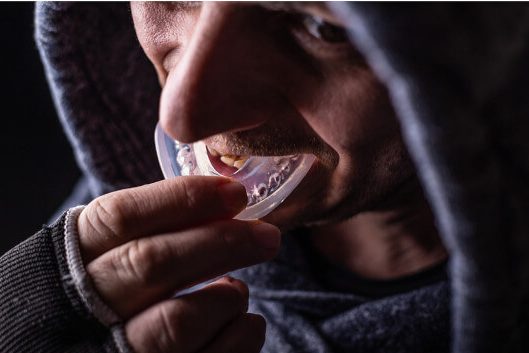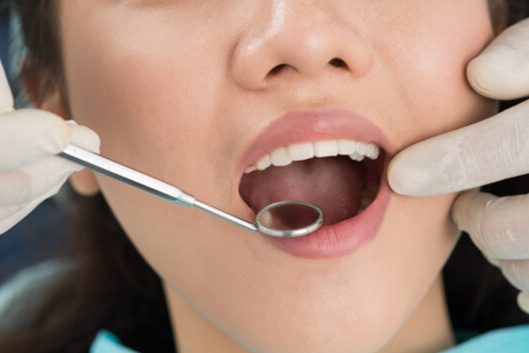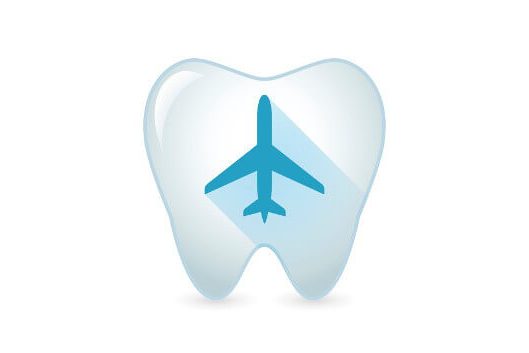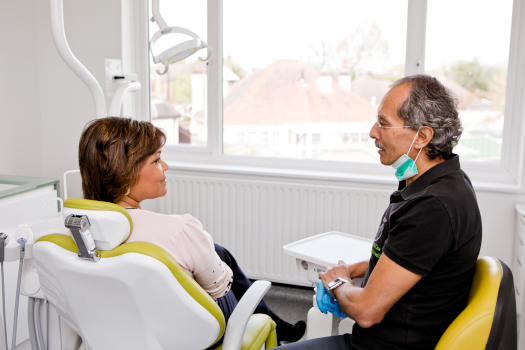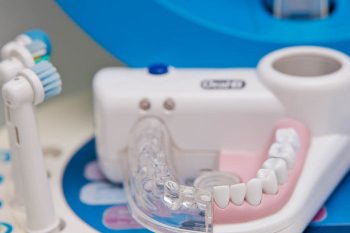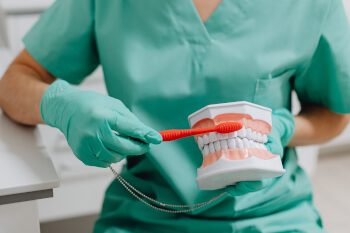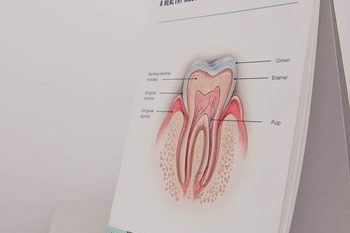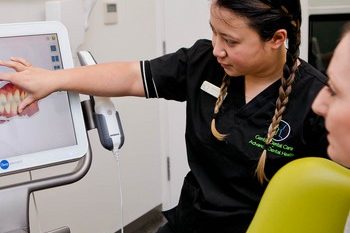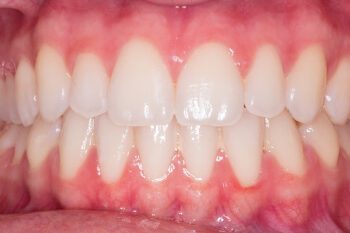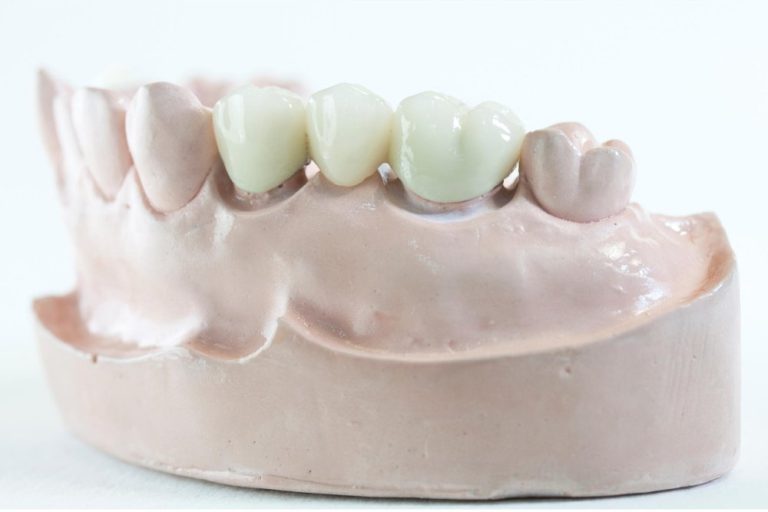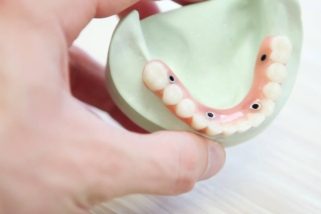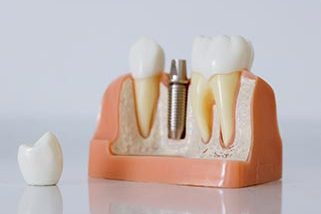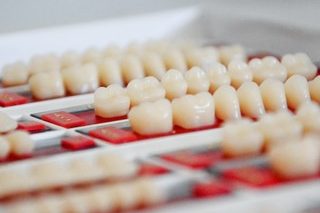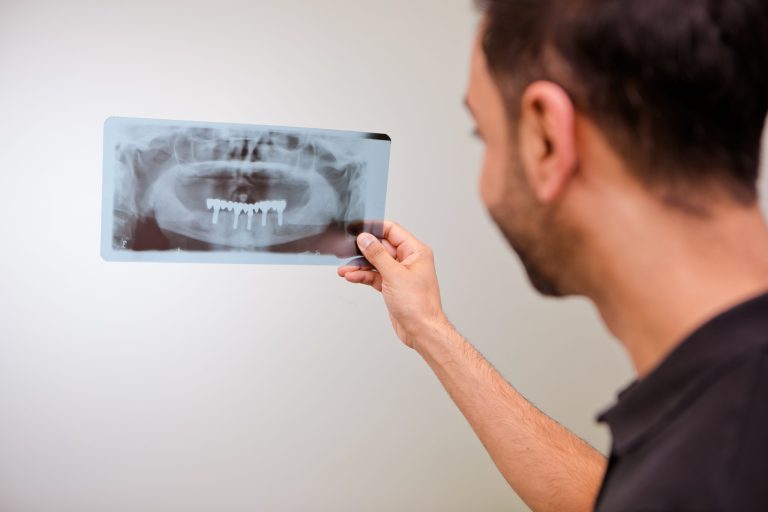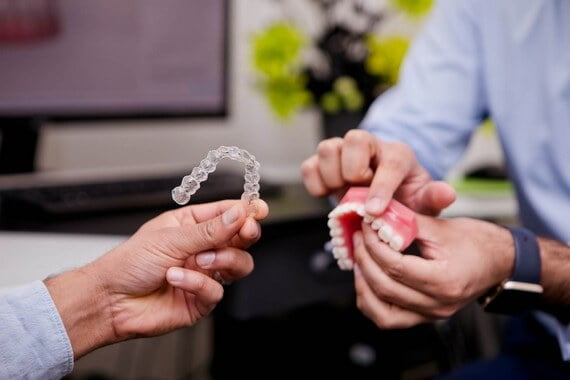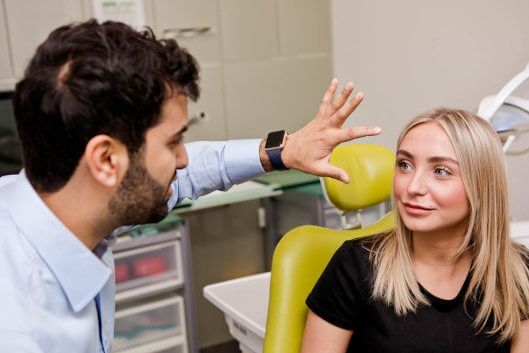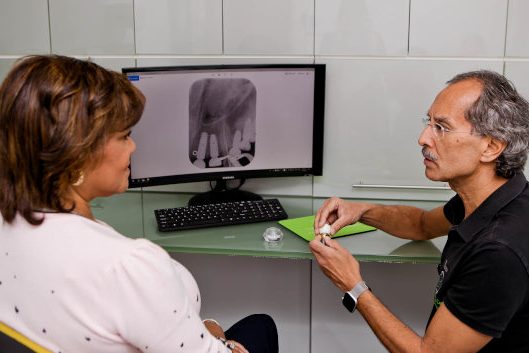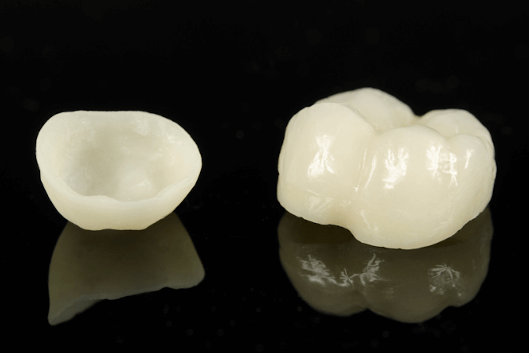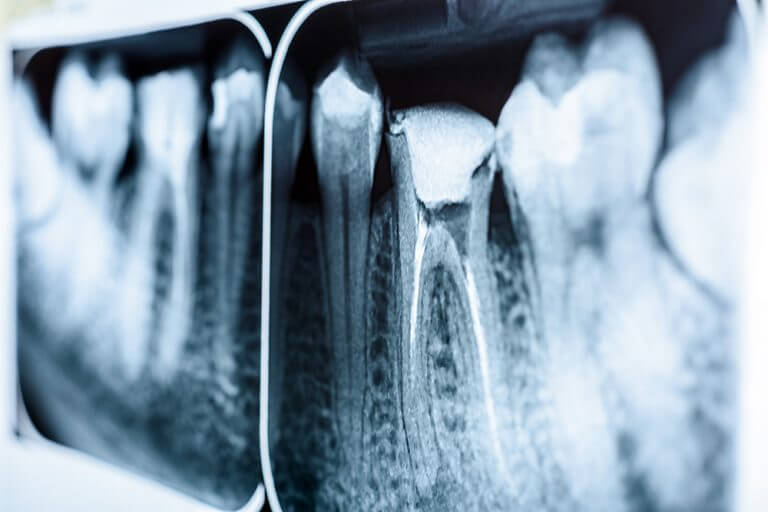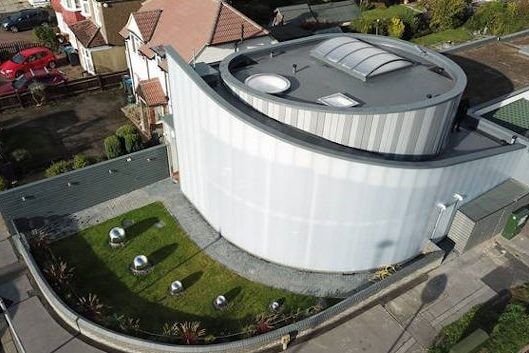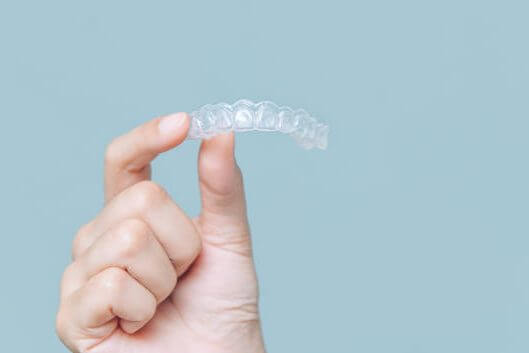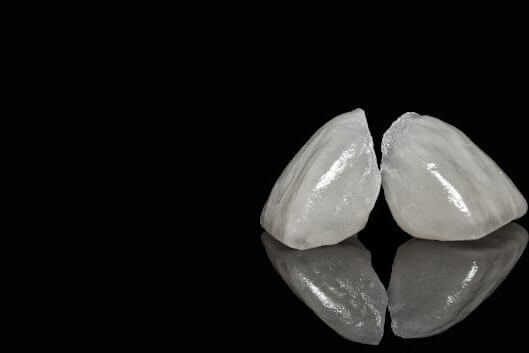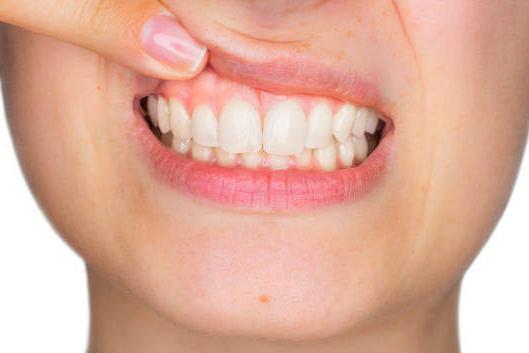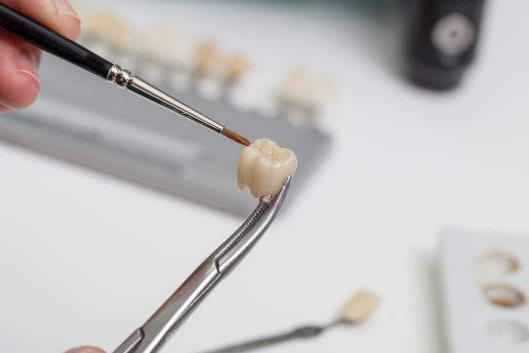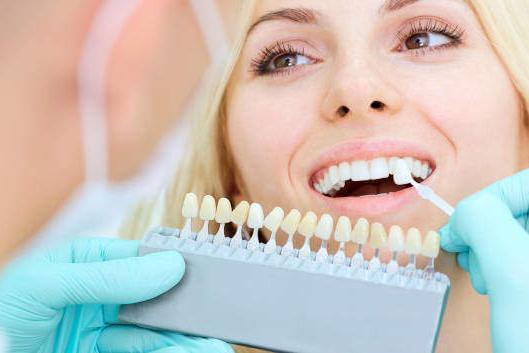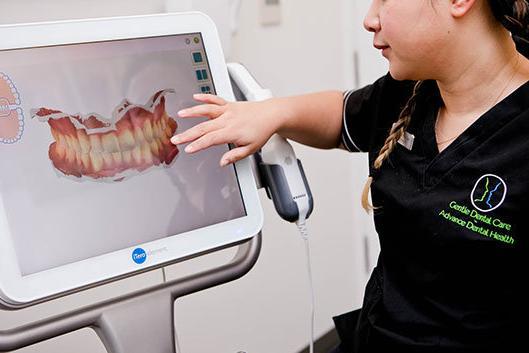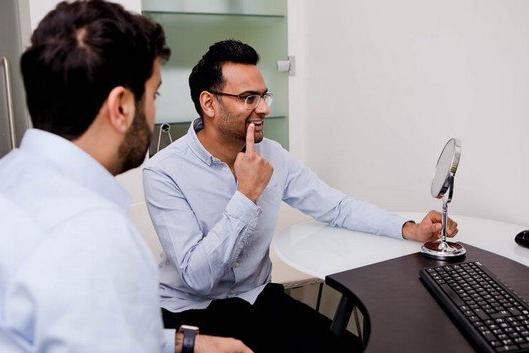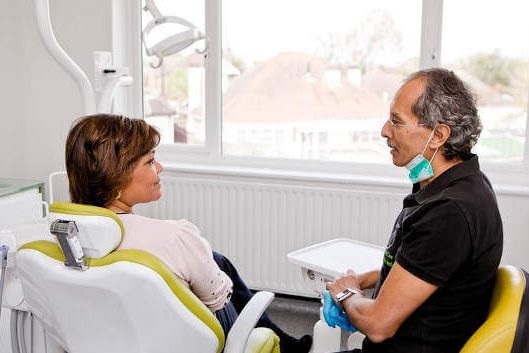Impacted Wisdom Teeth

Within this blog, we will be covering all the key points to know about how a dental implant is done. This includes what it is, success rate & risks, the cost of the procedure, the procedure itself, and whether you are a candidate.
What are wisdom teeth?
Wisdom teeth are the third molars and often the final teeth to emerge within the mouth. They come through at the back of the mouth. This usually occurs during the ages of 17 to 25, although it is not guaranteed that they will erupt fully, or at all. The key purposes of wisdom teeth are no longer relevant in the modern age, as we no longer have such tough chewy diets. Additionally, our improved dental hygiene means our teeth are less likely to fall out or be lost, so our mouths have less room for wisdom teeth too.
Types of impacted wisdom teeth
Due to the fact our teeth are less likely to fall out in modern times, our wisdom teeth have less room to grow and can often become impacted. This results in the teeth growing at an angle or not growing fully. There is also the fact that wisdom teeth eruption is genetic and somewhat independent of the space available for eruption. There are six common ways that teeth can be impacted, and they have been detailed below:
- Bony Impacted Tooth: This type of impacted tooth is caused by a blocked overlying bone which means the tooth is not able to properly come through the gum line.
- Mesial Impacted Tooth: This is a highly common type of impacted tooth and simply means the wisdom tooth is growing at a forward angle towards the mouth’s front.
- Soft Tissue Impacted Tooth: This type of impacted tooth occurs when the wisdom tooth is able to emerge through the jawbone but not able to fully come through the gum line.
- Vertical Impacted Tooth: This form of impacted tooth involves a wisdom tooth which is erupting straight however, it is unable to fully emerge through the gum line due to a lack of space within the mouth.
- Distal Impacted Tooth: This type of impacted tooth is when the eruption occurs at a backwards angle, facing the back of the mouth.
- Horizontal Impacted Tooth: This is the rarest form of impacted tooth, and directly pushes onto the second molar due to erupting at a 90-degree angle sideways.
Symptoms of impacted wisdom teeth
The symptoms of impacted wisdom teeth will vary from individual to individual, and it is even possible for an impacted wisdom teeth to cause no discomfort or problems whatsoever. However, in some cases the impacted wisdom tooth can have several symptoms which have been detailed below:
- Pain near affected area
- Bad taste
- Potential infection
- Bad breath
- Gum inflammation (peri-coronitis)
- Headaches
- Jaw inflammation
- Inability to fully open mouth
- Inflammation of shoulder/neck glands
If these symptoms are not dealt with rapidly and left untreated then further issues can occur, which have been detailed below:
- Periodontal disease
- Tooth decay
- Cysts & tumours
- Teeth realignment
Treatment options for impacted wisdom teeth
If you notice that your impacted wisdom tooth is not leading to any significant discomfort or issues, then dental treatment may actually be unnecessary. This is due to the lack of major benefit to wisdom teeth removal unless they are causing issues. Simply monitoring the situation and having regular dental check-ups should be enough in this scenario. In a soft tissue impacted tooth scenario then it is likely that you will have to alter your oral health routine, to avoid future issues.
If you do notice that your wisdom teeth are in fact causing issues or discomfort, then removal may be discussed. This can vary considerably from very complex surgical extractions to more straightforward removals and hence, may vary from use of general anaesthetic to only requiring local anaesthetic to numb the affected area, respectively. It is best to always get comprehensive advice from the dentist first on what course of treatment to undertake, as wisdom teeth removal has strict guidelines, and they will not be able to carry it out for just minor issues.
If you would like to discuss a possible wisdom tooth extraction or wisdom tooth related worry, please do not hesitate to book an appointment online, and we will accommodate.
Call 020 3925 3846 or fill in our form to enquire about your consultation.
